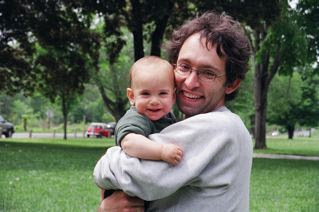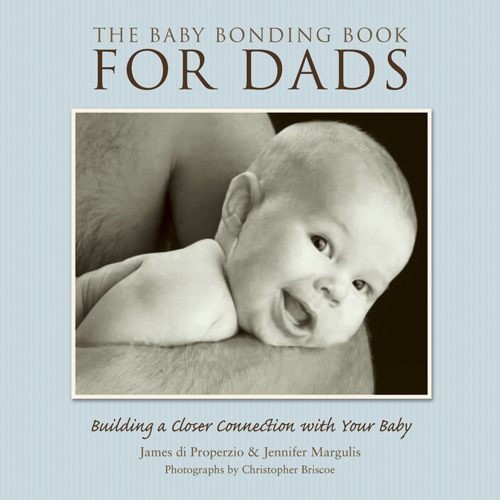[This post was originally an article by Jennifer Margulis in the Ashland Daily Tidings]

“I’m just afraid that this will be the last Christmas that they believe in Santa,” my husband James said sadly. “I just want it to be fun for them. And special.”

These were the first conciliatory words from James all evening. Santa was running late and we were frantically wrapping presents, stuffing stockings, and placing surprise ornaments on the tree. Every time we passed the kitchen table we took a bite of Santa’s cookies. Santa wrote a note in response to 5-year-old Athena’s, thanking her for the cookies, praising her and her siblings for being good, and suggesting our 3-year-old stop sneaking sugar.
Now that our kids were in bed, we adults should have been enjoying these Christmas preparations. But we weren’t. James was having something akin to an anxiety attack, and I was starting to feel like I wanted to cut December 25th out of the calendar.
My foul mood had started earlier in the day, after being awakened at dawn by my children, who were eager to know how many days were left until Christmas, who had a deluge of last minute present requests (after refusing for weeks to hint at what they might want from Santa), and who were all voicing their needs in high-pitched whines.
“I hate Christmas. Next year I’m going away,” I said to them grumpily. “I’m skipping the whole thing.”
“How can you say that?” James asked in a hurt voice when they were out of earshot. “It’s one thing to say it to me, but not to the children. What if I said I didn’t want to celebrate Hanukkah?”

But on Hanukkah, which we celebrate in a haphazard way, there’s no gift giving. Instead, we light candles, sing the traditional Hebrew incantations, and eat traditional foods. This year we had potato latkes and doughnuts dripping in oil. We invited friends over to share the candlelight and the meals. And, as is our custom, we exchanged poems instead of presents. There wasn’t much to do to prepare for each night of Hanukkah except for putting candles into the menorah and cooking. My children didn’t expect hundreds of presents, and since the holiday is as much for me as it is for them, I didn’t worry about whether they’d be happy.
Christmas, on the other hand, was feeling very stressful. It involves a lot of things I don’t like: spending too much money on plastic toys made in China by laborers in substandard factory conditions, wasting paper to wrap presents. No matter how many times we read Dr. Seuss’s “The Grinch Who Stole Christmas” or “The Berenstain Bears’ Christmas Tree” it always comes down to presents. Christmas Eve we invariably stress: did we buy enough toys? Will the kids be happy?
But maybe the anxiety is really about our own childhood baggage, and since I didn’t celebrate Hanukkah as a child, I don’t have difficult memories associated with it. After my parents divorced they still celebrated Christmas together for the sake of the children. My father would express his anxiety by manically throwing away wrapping paper while we were still opening our gifts. I would have a lump in my throat all morning, awkward around my parents and feeling guilty for something I couldn’t define. And I would feign excessive enthusiasm for each gift, as if showing gratitude would prove to my parents that I was a good child, and perhaps even motivate them to love each other again. The only part of Christmas that I remember without ambivalence was how my dad would awaken early to go to the bagel shop in Newton Centre, coming home with a dozen warm bagels and a tub of hand whipped cream cheese.
For James, an only child, the living room was covered with presents. He has fond memories of the mountains of gifts but his yearly anxiety tells a different story. The Christmases when he was four to nine were the years after his mother, who had a drinking problem, divorced his father so she could live as a single woman in the swinging Seventies. Being a mom was not her first priority. The holidays were like make up time. A few months later, she would go on a cleaning frenzy with a trash bag, picking up each new toy and suggesting he throw it away.
The kids wake us at dawn. “He came! He really came!” They marvel at the bulging stockings and the presents and the day is a success.
I hope their childhood memories won’t be as fraught as mine.


























